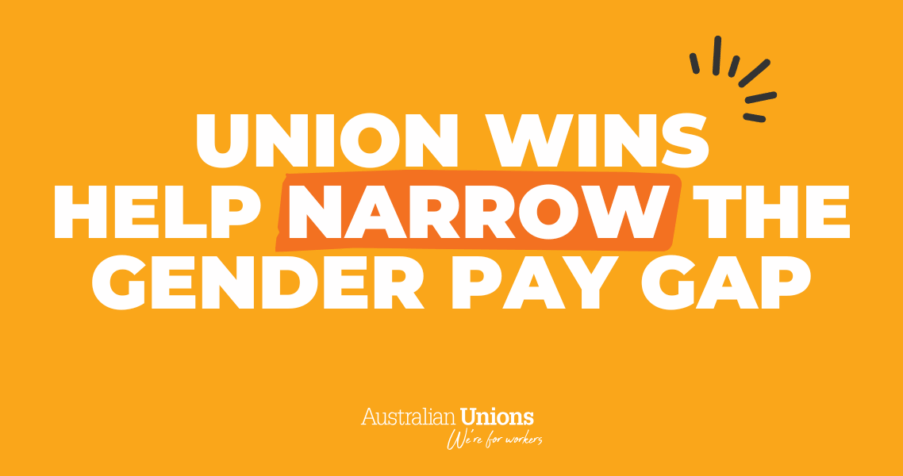When will they learn?
That’s the question exhausted and exasperated staff at Sydney University asked about university management. University workers have lost their patience with university management who have stalled negotiations over a new Enterprise Bargaining Agreement (EBA).
Staff have taken strike action over the universities’ addiction to casualised work, endemic wage theft, overblown class sizes and workload blow outs.
Despite the clear message from National Tertiary Education Union (NTEU) members for decent pay and job security, management have not responded and workers continue to suffer.
Negotiations for a new EBA have dragged on for over a years with little progress being made.
NTEU NSW branch division secretary Damien Cahill told On the Job that many academic and professional staff are at breaking point.
“We’ve just seen massive workload intensification,” he said.
“It’s not having enough time to do the work that’s required and it’s multiple simultaneous demands. So it’s having to squeeze in marking when you don’t get enough (paid) time allocated.”
“Then many academics have to find time to meet their key performance indicators around research to have your work published as well as attending meetings,” Cahill said.
Casual university workers have reported having to mark as many as 4,000 words per hour, being paid only an hour for a three-hour tutorial and dealing with the expectation they turn up to lectures unpaid.
A 2021 report from The University of Sydney Casuals Network and the NTEU Sydney University Branch found that when it came to administration work, casual academics performed almost 5 times the amount of work than what they were paid for.
Cahill remarked on the extra burden that university management have put on remaining workers as their colleagues’ jobs have been slashed. These redundancies have taken place even when universities have turned over millions in profit.
“We’ve had massive redundancies over the last few years and none of that work has gone away and so the staff who remain are having to pick up the slack and take on extra work, and that’s academics and professional staff as well,” he said.
“All of that comes on top of what happened during the pandemic, when staff had to move courses online really quickly. Staff are crying out for some workload relief, and management just ignore the problem, and then ask them to do more.”
Cahill said the tertiary sectors’ dependence on insecure work had to end.
“70 per cent of staff in the university sector are on insecure contracts, either casual or fixed term. That’s obviously bad for those staff, because they have trouble paying the bills, getting a mortgage and just getting by in an expensive city like Sydney,” he said.
It’s also a problem for students because academic casuals don’t get paid for all of the work that they’re required to do – things like providing feedback on assignment and student consultation – they’re just not paid as part of the cost of casual contract, or staff are provided with too few hours.
Damien Cahill
NTEU NSW division secretary

“This has led to massive wage theft in the sector,” Cahill said.
The NTEU has demanded significant changes to the employment status of staff at the University to deal with the problem.
“We are looking for a massive reduction in insecure employment, and a real investment in secure jobs”.
“At the same time, all staff at Sydney University, like all workers everywhere, need a fair pay rise. At this stage, the university hasn’t come to the table on that”.
“That’s why our members at Sydney Uni have taken three days of strike action. They’re planning for more in August, if management can’t meet our reasonable demands,” Cahill said.
Cahill has been heartened by the reaction from students to the industrial action.
“Students see what’s going on and they have actually been very supportive of the staff campaign. They’ve joined with us on our picket lines. They’ve been at our rallies, they’ve been really, really supportive,” he said.
“What we say is that staff working conditions are student learning conditions”.
“You can’t keep squeezing staff. And you can’t keep engaging in wage theft
without having an impact on the quality of the student experience, notwithstanding that staff go over and above to provide the best possible education they can for students because they believe in the social mission of universities”.






SHARE:
Crunch time is here for workers at Australian universities